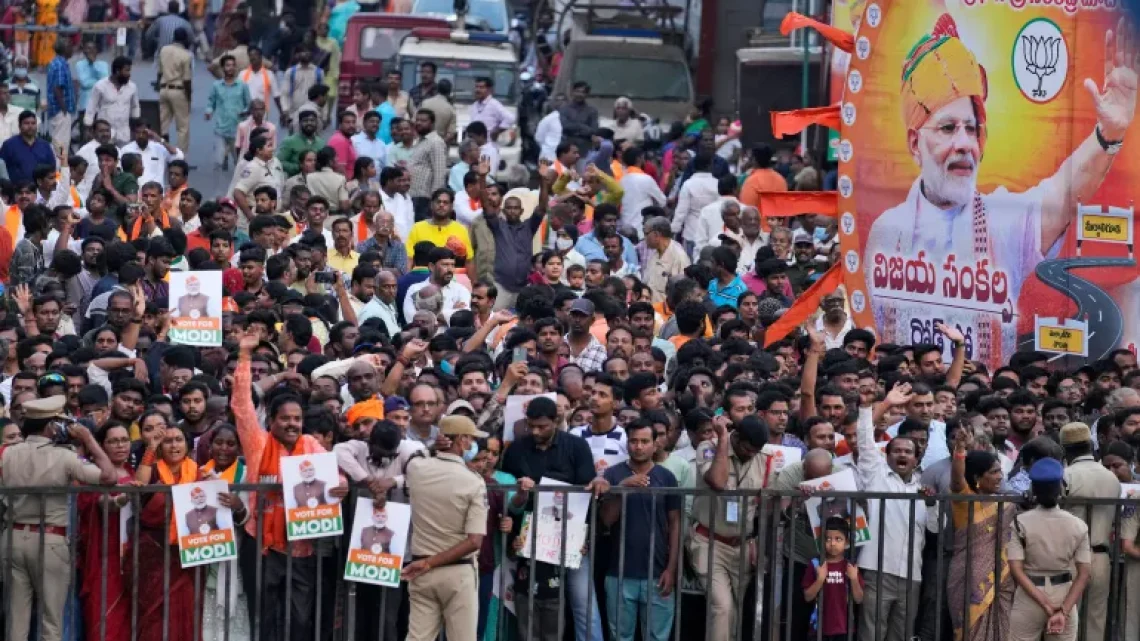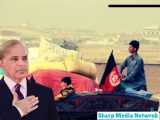
Southern India Pushes for Greater Autonomy Amid Fiscal and Cultural Grievances
November 14, 2024A recent survey revealed that 70% of Southerners feel sidelined in national policymaking, which has intensified demands for more regional autonomy.
Southern states in India are becoming increasingly vocal about their desire for greater autonomy due to ongoing grievances with the central government. These concerns stem from perceived systemic injustices, fiscal imbalances, and cultural dominance by the northern regions. Southern states, which contribute roughly 60% of India’s total tax revenue, receive only around 35% of federal allocations. Despite this substantial contribution, the South is consistently underrepresented in national policy decisions and continues to lose seats in Parliament during each delimitation process.
A recent survey revealed that 70% of Southerners feel sidelined in national policymaking, which has intensified demands for more regional autonomy. The South’s population growth rate is much lower than that of the North, yet it faces a reduction in parliamentary representation. This imbalance highlights a broader issue of unfair fiscal policies, where Southern states contribute significantly more to the national budget than they receive in return. This perceived inequity has deepened regional discontent and is now driving calls for greater self-determination.
Adding to the South’s frustrations is the growing dominance of the Hindutva ideology, which is largely rejected in these regions. The Bharatiya Janata Party (BJP) has struggled to gain a significant foothold in the South, reflecting the region’s resistance to cultural and religious imposition from the North. This resistance is particularly evident in the opposition to the imposition of Hindi as the national language, which Southerners view as an attempt to undermine their distinct languages and cultural identity.
In addition to fiscal and cultural concerns, there are also reports of regional divides within India’s military. An ethnic divide between the North and South has led to favoritism in military promotions, with officers from certain regions benefiting from preferential treatment. These divisions within the armed forces add another layer to the growing tensions between the North and South.
As calls for autonomy intensify, civil society groups argue that the Modi government must recognize the damaging effects of these inequalities. The rise of movements advocating for Southern independence reflects a deepening sense of alienation among the Southern population. The Modi government, influenced by Hindutva ideology, is increasingly seen as exacerbating ethno-religious polarization, which could have serious consequences for both the nation’s unity and social harmony.

